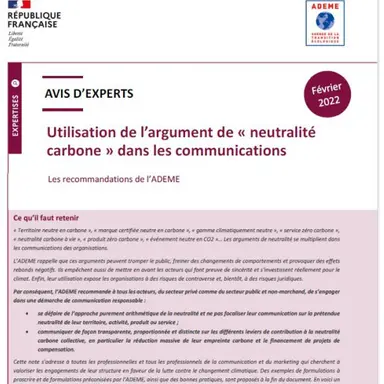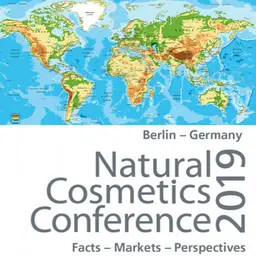
As claims of “carbon neutrality” multiply in corporate communications, Ademe (the French Agency for Ecological Transition) has published an expert opinion on the subject. Aimed at all communication and marketing professionals, this note aims to explain why “neutrality” arguments can be misleading and expose organisations to the risk of controversy, or why they do not make it possible to distinguish between real approaches and those that are greenwashing. Examples of wording are also proposed to help organisations communicate their climate commitments in a responsible manner.
“Certified carbon neutral brand”, “climate neutral range”, “zero carbon service”, “zero carbon product”, “CO2 neutral”… Such arguments are multiplying, especially for companies and their products and services, but also for territories and institutions.
However, the Ademe stresses that “from a marketing and communication point of view, the abusive and undue use of the ‘neutrality’ argument is problematic: by definition, it misleads the public, it is based on the concept of ‘compensation’ which covers different realities, it makes it difficult to identify the actors who are really involved, it contributes to the public’s mistrust of the organisations’ discourse and it hinders the dissemination of mobilising stories.”
The basis of the Ademe opinion
Ademe’s expert opinion is based in particular on three recently published reference texts:
• the IPCC report “Climate Change 2021: The Physical Science Basis” whose glossary provides a definition of “carbon neutrality” (August 2021)
• the French Climate and Resilience Law, Article 12 of which sets out the conditions for using the carbon neutrality argument for a product or service (July 2021)
• the Ademe Opinion which gives the Agency’s vision of the concept of carbon neutrality on a scale other than the planet, and its definition of …













